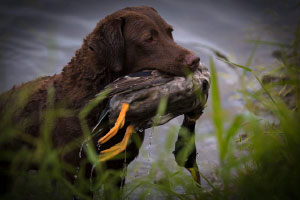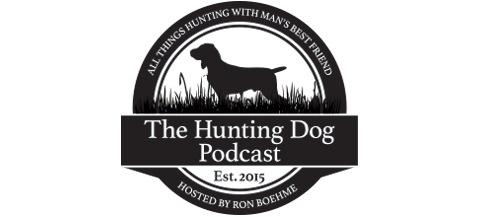Advice For The Off Season

Author: Bob Owens
We’ve all been there. That sad moment when you wake up and remember that the hunting season has officially closed for you and your dog.
What I find lacking in photography is the emotion felt when absorbing everything in. A photo can spark a memory, and that memory brings back the emotions. But when someone who wasn’t present looks at your photo it is just as the saying goes, it will take a thousand words to put them in your place. When looking at a well done painting you can feel the artists emotions. Through shades and colour the artist is able to tell a story in the blink of an eye. Sadly, the paintings I have attempted read less like Dickens and more like Seuss.
You grab some coffee and reflect on the season’s highs and lows and try to plan for how you’ll “get ‘em next year.” Maybe you swear you’ll spend more time on the clays course or you’ll finally hit the fields and woods for some scouting but one thing people may forget to reflect on is their dog’s performance.
Keeping a hunting journal can be handy for many reasons but one thing it’s good for is making notes about your gun dog. Did they break during an absolute shoot-out? Should we brush up on steadiness after the flush? Maybe they just need to be patient and sit for more than 30 seconds without you having to correct them. Having a small list of skills you want to work on with your dog is a fun way to “extend your season.”
Here’s a few ways to keep your dog sharp all year round:
- Owning a gun dog is like taking care of an athlete. They need frequent exercise and a calculated diet plan to prevent injuries and promote long term joint health. Don’t let the off season become a time for your dog to get lazy, overweight, and overly spoiled.
- Set goals for your dog. Hold your dog to a standard that suits your needs and develop a training plan for how you’re going to get there. Maybe you consult a professional or your buddy whose dog is an absolute stud and find out what they’re doing.
- Join a local club. It is a great way to meet new training buddies and put your dog in new training environments and scenarios. You’ll find yourself motivated to get outside and work hard to improve your skills so your next training session will be a success.
- Change your environment. Your dog may get used to the same ol’ field and the same ol’ marsh. Find new locations to throw marks or plant birds for your dog; have a buddy be your bird boy and challenge the dog so they learn to watch, use their nose, work the wind, etc.. New fields and new ponds equal new challenges and help build your dog’s experience level!
Keeping your gun dog in shape and working on the mistakes they made during the hunting season is a great way to spend time during the off season. You’ll find yourself in the field more with your dog and really, is there anything better than that?
Author Bio: Bob is a professional retriever trainer and a passionate bird hunter. He currently owns Lone Duck Outfitters and Kennels in central New York, which specializes in training gun dogs of all ages and breeds. Be sure to follow Lone Duck Outfitters on Instagram for advice, hunting stories and (of course) endless puppy pics.

